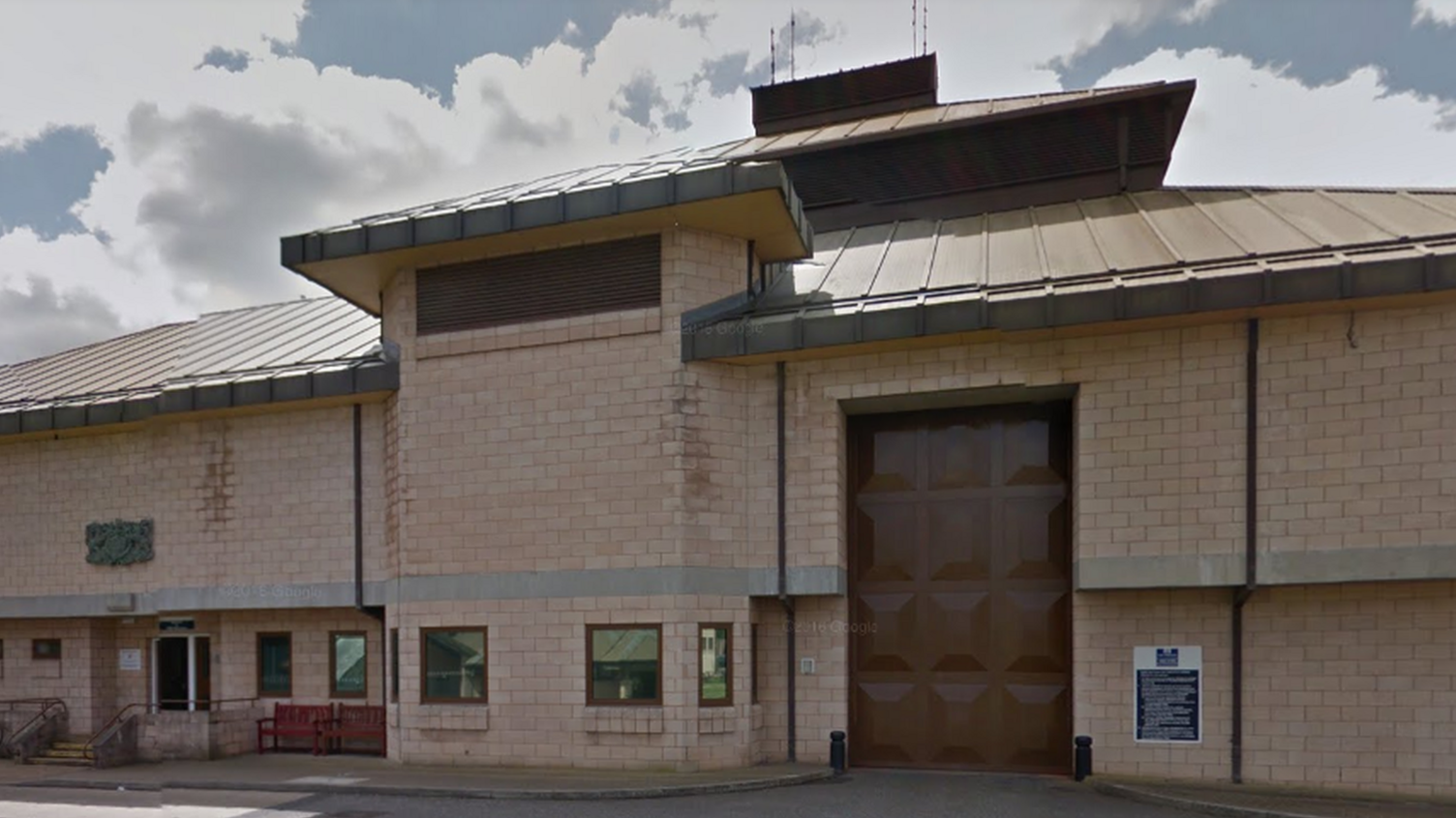Coronavirus: 'Repeat offenders' lifestyles may up virus risk'
- Published
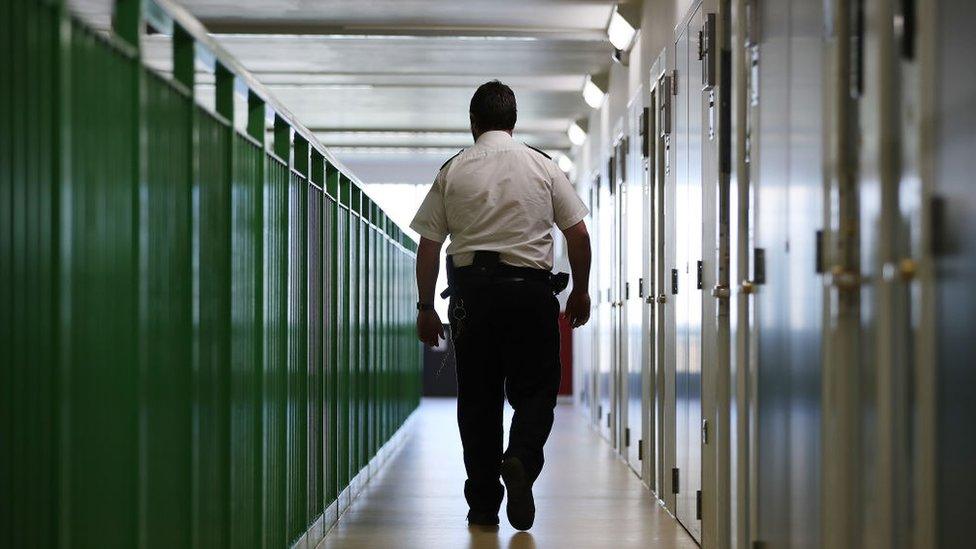
Repeat offenders - and those in contact with them - could have a greater risk of contracting coronavirus, a leading criminologist has said.
Prof Jonathan Shepherd said offenders' "impulsive and risk-taking" lifestyles could affect criminal justice workers, relatives and visitors.
Criminal justice system workers have already voiced concern about their possible exposure to the virus.
Prof Shepherd said offenders' non-compliance with guidance was a concern.
Working with colleagues at Cambridge University, Cardiff University's Prof Shepherd found repeat offenders' "impulsive and risk-taking" lifestyles meant by the age of 48 their death and disability rates were higher.
He said this increased their vulnerability to Covid-19, and had implications for the likes of probation officers and courts staff who will come into contact with them.
Both barristers, courts staff and those in probation say the current situation will take some reworking to minimise their exposure and the body representing prison staff has called for a lockdown of prisons to halt the spread of the disease.
Meanwhile, Witness Support Services - run by Citizens Advice - will no longer be able to offer in-court support in Wales, because of government guidance on social distancing.
From the custody staff who are searching and cuffed to offenders, to those working in small probation offices in close proximity to their clients, many have highlighted the challenges.
"As the coronavirus outbreak grips Britain, those in prison and persistent offenders may be more likely than non-offenders to be vectors for transmission. This would increase risks to prison visitors and offenders' older relatives in the community," said Prof Shepherd.
He explained they may be less likely to comply with guidance on hygiene or social distancing.
"In a pandemic this presents a real concern," he added.
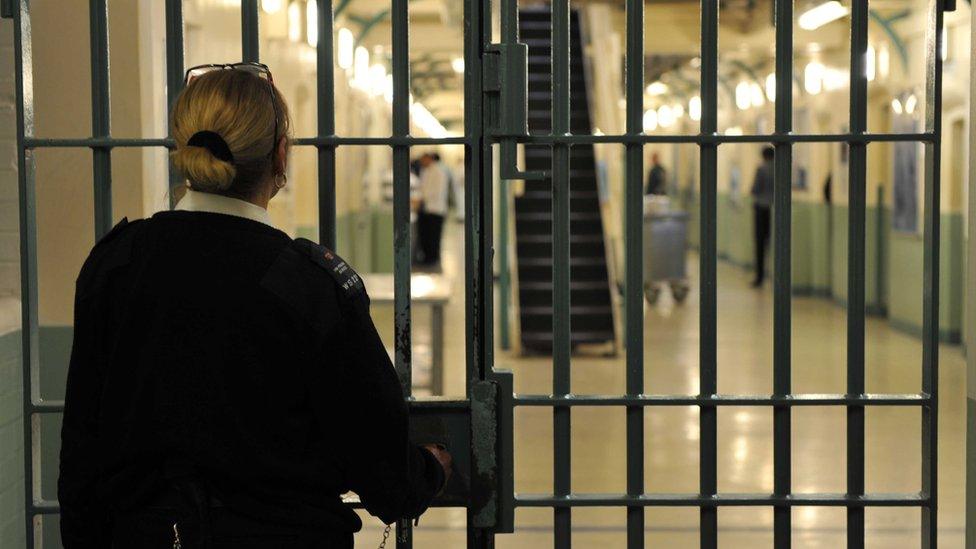
Mark Fairhurst, national chair of the Prison Officers' Association, said: "We want prisons to be locked down, so that all prisoners are self-isolated and visits are stopped."
He said prisons were due to start temperature tests of visitors this week, but those cannot be done from a distance.
When staff were on duty they were not given protective equipment and increasing numbers were going off sick, he said.
He added the transfer of prisoners from one to another should also be suspended.
So far one inmate at HMP Manchester has tested positive, though many more across the prison estate have been moved to separate wings if they are showing symptoms of coronavirus.
Meanwhile, the union representing probation officers said there was a lack of hand sanitisers and soap across the service.
'Dirty offices'
Tania Bassett, from Napo, said they were compiling a list of "dirty offices" across the country, after members reported some work places as filthy and not cleaned properly.
"The Ministry of Justice advice to staff has been very poor, resulting in Napo trying to get guidance for staff. Probation services are still delivering group work and administering drug tests on clients," she said.
Barrister Andrew Taylor said meetings were being held in many Welsh courts this week to address how hearings could be conducted, but he said many courts were simply not designed for this.
Today's advice from the Lord Chief Justice was for jury trials to continue if they had already started, but for no new trials to start.
"You might be able to spread jurors across the court room, but the rooms jurors use to consider their verdict are small and they're often in there for hours, sometimes days," said Mr Taylor.
- Published14 March 2020
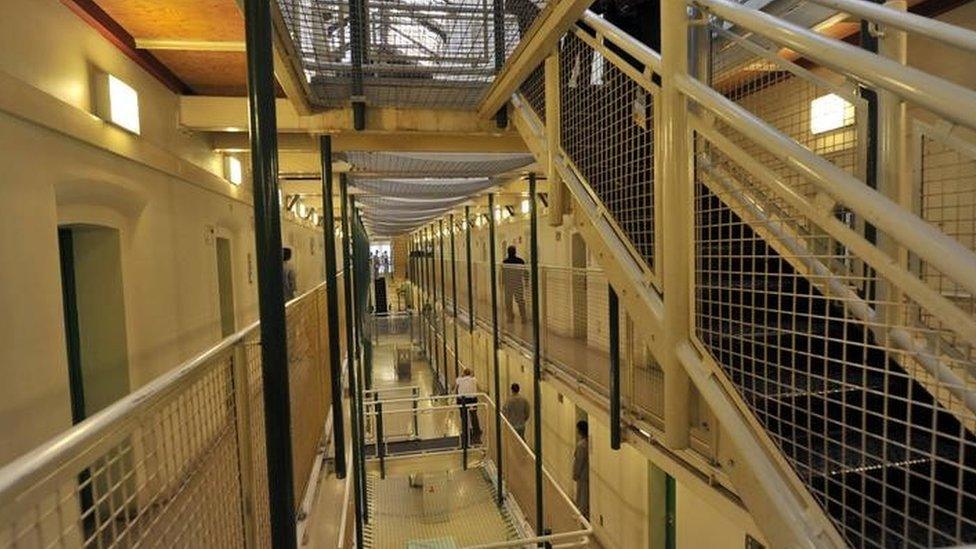
- Published19 March 2020
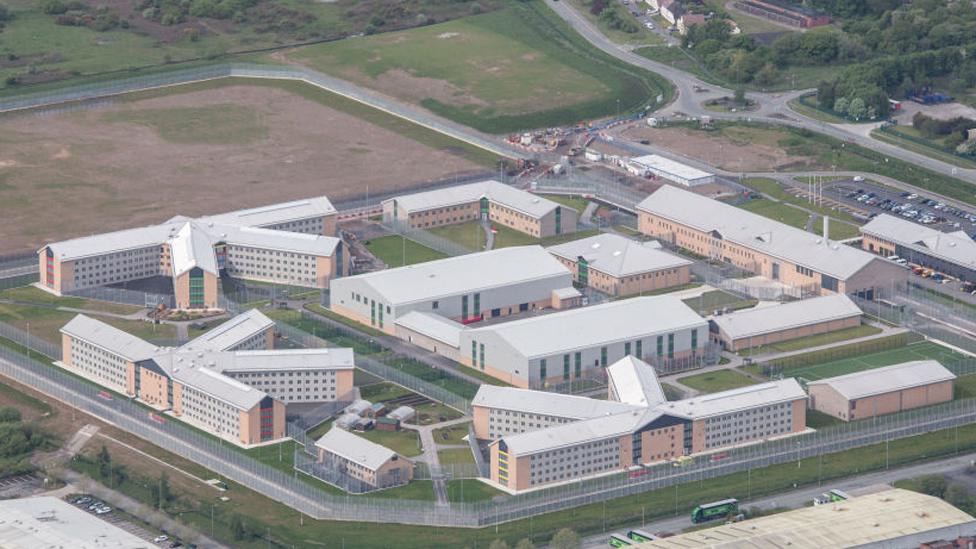
- Published16 March 2020
